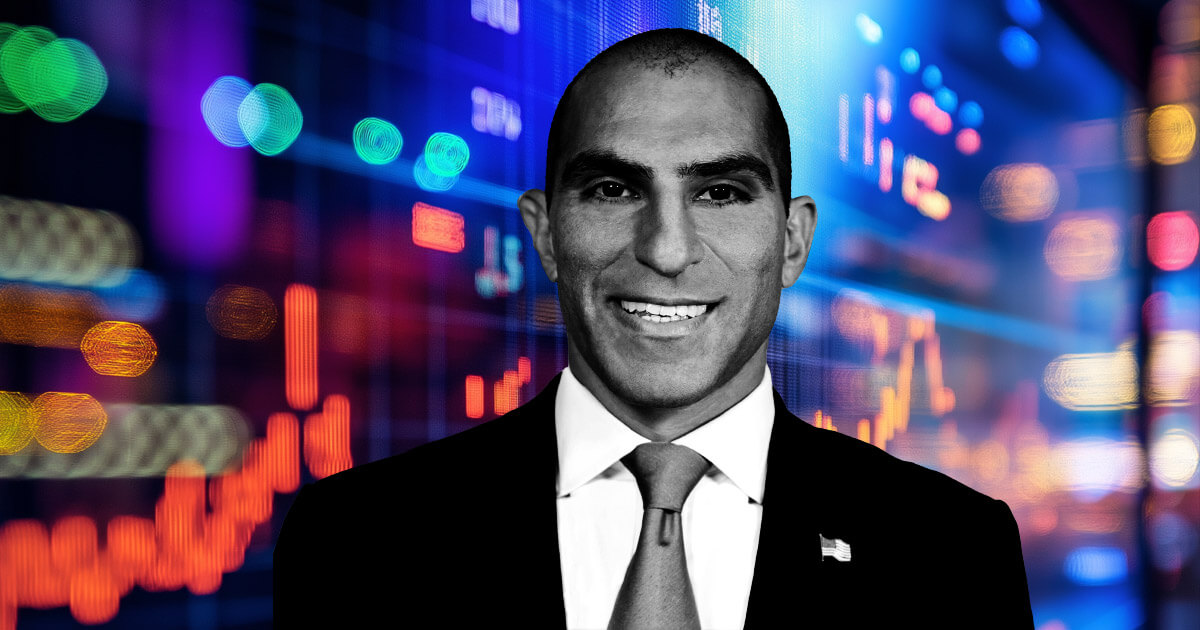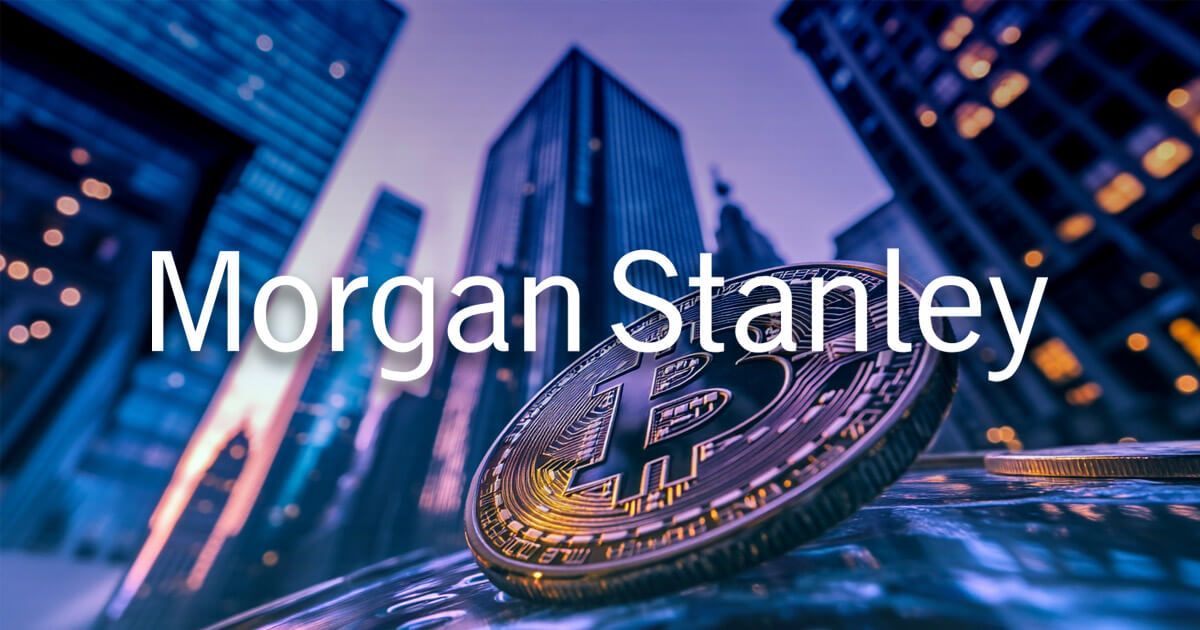In a speech to the Investment Company Institute, SEC Chairman Gary Gensler emphasized the need for stronger financial regulations to prevent risks and protect investors. He alluded to historical events and stressed the importance of well-regulated collective investment vehicles. Gensler also addressed liquidity risks in money market funds and proposed measures to enhance risk management. What is his ultimate agenda?
In his speech on Thursday, the SEC official adopted a severe tone regarding the need for stronger regulations in the financial industry. Gensler highlighted the risks and dire consequences that investors and savers could face if proper safeguards are not in place.
The Gensler Vision
The SEC chair made it clear that he was speaking in a personal capacity and not on behalf of the SEC.
Gensler made use of a well-known fable and compared it to bank runs. What do you have to do to survive if a bear attacks your party in the woods? “You don’t have to outrun the bear; you just have to outrun one of your fellow campers.”
He continued:
“A bit gruesome, yet this helps explain why investors might try to cash out of investments before the proverbial bear—of dilution and illiquidity—catches them. It also helps explain why savers might try to cash out of deposits before that proverbial bear catches them at the bank.”
Praising Financial Regulation
The SEC head stressed that the issue of financial runs, where “uncorrelated actors suddenly become correlated,” has been a persistent problem throughout modern history, leading to the downfall of numerous financial firms. To counteract this, policymakers have enacted laws to prevent such crises and assist in containing them, he said, citing examples like the Panic of 1907, the 1929 stock market crash, and the Great Depression.
Gensler shared his own experience at Goldman Sachs. He recalled how people shared lore about the investment bank’s near collapse decades before. He spoke favorably of the adoption of the Investment Company Act of 1940. This law aimed to protect investors from practices that went against their interests.
He stressed the importance of well-regulated collective investment vehicles, such as registered investment funds, in providing diversification and lower costs for everyday investors.
Gensler called well-regulated collective investment vehicles one of the “great financial innovations of the last 90 years.”
Liquidity Risks in Money Market Funds
Despite the benefits these funds offer, Gensler warned of persistent risks, particularly during times of stress. He highlighted the liquidity mismatch in money market funds and open-end bond funds, which can pose a threat to investors.
The 2008 financial crisis and the onset of the COVID-19 pandemic served as reminders of the vulnerabilities in these funds, he said. They lead to calls for government intervention to stabilize the markets.
To address these concerns, Gensler outlined proposals for enhancing liquidity risk management in money market funds and open-end funds. The SEC aims to prevent limits on redemptions during times of stress, introduce swing pricing and liquidity fees, and update liquidity rules to ensure accurate assessments of investment liquidity.
Gensler also raised concerns about other collective investment vehicles overseen by bank regulators. Including short-term investment funds and collective investment funds.
These funds operate without SEC oversight, lacking regulations on illiquid investments, leverage limits, and reporting requirements. The chair emphasized the need for consistent regulation to prevent regulatory gaps and potential arbitrage by market participants.
Crypto Wants Clarity From Gensler
Gensler’s advocacy of clear and rigorous regulation is hard to square with his recent approach to the crypto industry. It is still not entirely clear which coins and tokens are a security and which aren’t. Coinbase is currently in a legal battle to force the SEC to provide clarity across the entire sector.
Gensler’s SEC is also in a high-stakes legal battle with Ripple over whether its token XRP is a security. Ripple argues it isn’t. An SEC win would effectively make large swathes of the crypto markets a security overnight. An outcome almost nobody in the industry wants.
Disclaimer
In adherence to the Trust Project guidelines, BeInCrypto is committed to unbiased, transparent reporting. This news article aims to provide accurate, timely information. However, readers are advised to verify facts independently and consult with a professional before making any decisions based on this content.
Credit: Source link















































